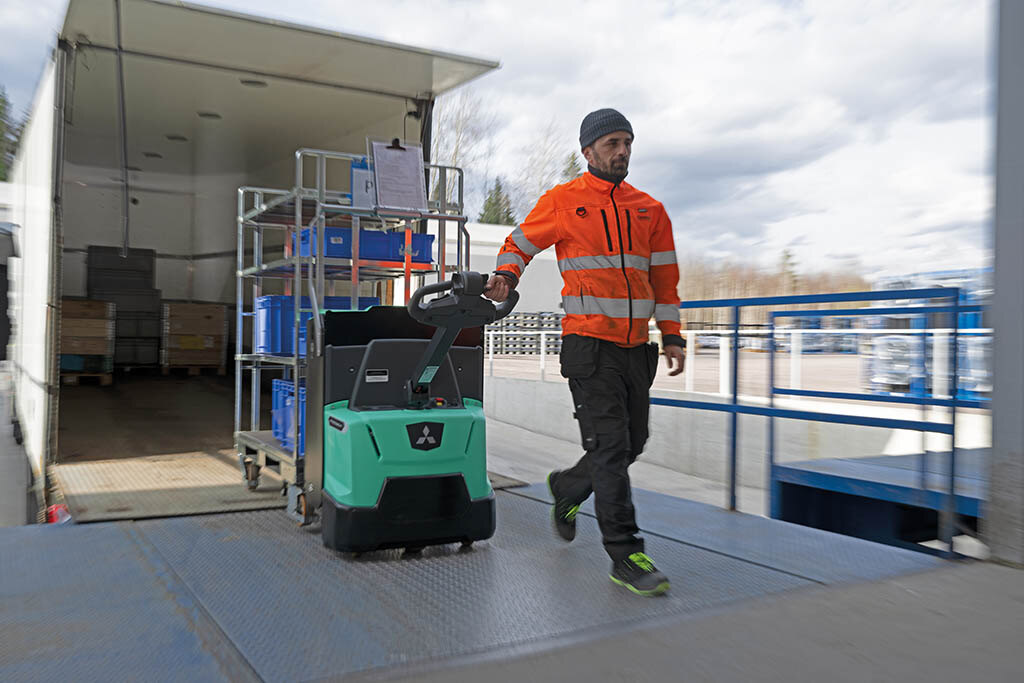Pallet trucks are among the most commonly-used pieces of materials handling equipment in any warehouse or factory… and some of the most dangerous.
According to HSE, there are more than 4,500 injuries involving pallet trucks every year, with operators suffering bruised and fractured lower limbs and musculoskeletal injuries.
Indeed, more than one third of all injuries requiring at least 3 days off work are caused by manual handling (lifting, lowering, pushing, pulling or carrying). On average, each sufferer took 20 days off in a 12-month period – which represents significant levels of distress to both the employee and the employer.
is training a legal requirement?
There is a widespread misconception that training is not legally required for pallet trucks, but that certainly isn’t the case.
Regulation 9 of the Provision and Use of Work Equipment Regulations 1998 (PUWER 98) makes clear that employers must provide adequate and appropriate training for anyone who uses work equipment.
This includes training in:
- how the equipment should be used
- the risks involved
- the precautions that should be taken.
All types of hand-controlled pallet trucks fall into this category, from simple manual pump trucks through to electric counterbalance stackers. The degree of training required, and the time it will take, varies according to the type of equipment and the tasks to be performed.
For the most basic equipment it may be possible to conduct the training in-house, but if you choose to go down this route, it must be properly organised and formally recorded. If you are in any doubt, my advice would be to seek professional guidance.
For powered equipment such as power pallet trucks, it’s advisable that training be carried out by a fully qualified and accredited trainer. It’s important because benchmarks such as these are used by HSE to judge a company in the event of an incident that warrants investigation.
Failing to provide suitable training can result in serious injuries to the operator and expense for the employer (including reputational damage). In a well-documented case, a major supermarket chain was fined £1 million for ‘providing insufficient training’ when an employee lost two toes in an accident involving a power pallet truck.
what causes injuries?
Injuries can result from one-off incident such as moving an unusually heavy load, but can also result from the cumulative effect of heavy lifting on a worker’s musculoskeletal system…
It’s generally agreed that if your operations involve moving loads frequently – or shifting any loads greater than 500kg – you should consider switching from hand pallet trucks to battery-powered versions. Not only will that help avoid injuries to staff, but it should also speed up operations, especially when longer travel distances are involved.
If you have any questions on what type of training is required or what type of handling equipment is best suited to your operations, one of our specialists will be happy to offer expert advice by calling 0845 3713048 or visiting our contact page.
PS You can also find out more about this subject by clicking here www.mitsubishi-forklift.co.uk/news-blogs/boost-profits-cut-absenteeism-and-stay-on-the-right-side-of-the-law




